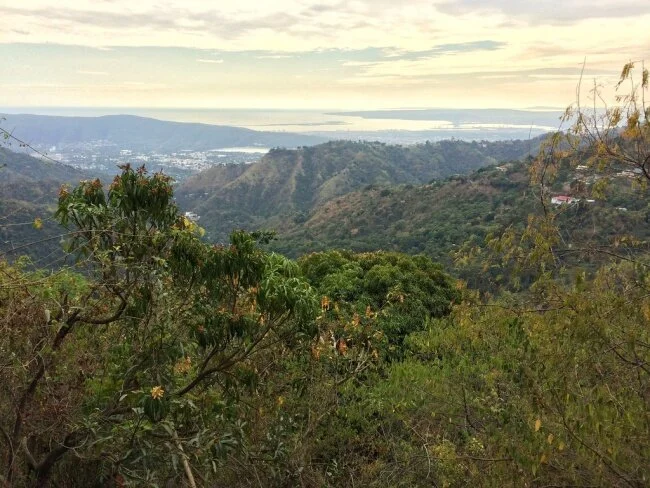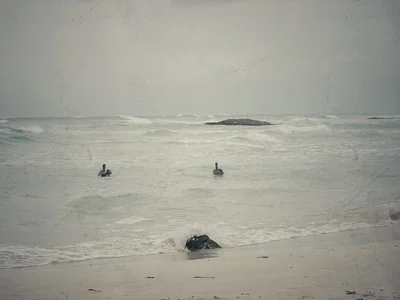by Kristine Mietzner
 I dropped the bright white main sail, secured the halyard, tied six marine blue nylon ties around the sail’s bright white folds, and finally, stepped back into the cockpit. The sailboat purred as my children, their father, and I approached Oak Bay Marina under engine power.
I dropped the bright white main sail, secured the halyard, tied six marine blue nylon ties around the sail’s bright white folds, and finally, stepped back into the cockpit. The sailboat purred as my children, their father, and I approached Oak Bay Marina under engine power.
A bald eagle soared high above us, a curious raven cawed, flying above the mast, and a gull landed on the bow, checking us out.
Standing in the cockpit of the Sagale on a sun-filled August afternoon, Mark and I prepared to dock near Victoria, British Columbia. In the main salon 14-year-old Anna read Little Women while eight-year-old Ben played with Legos on the cabin floor.
Mark looked at the water, met my eyes, and called, “Read the depth meter!”
Scanning the red numbers on the black box attached to the cockpit wall, I said, “Thirty feet.” We slowly moved toward the marina.
“What does it say now?” Mark asked.
“Twenty feet.” A few moments later I called, “Fifteen,” in a more concerned tone. As the depth grew shallower, I shouted, “Thirteen! Mark, it’s not deep enough. Turn around! We’ll hit bottom. Get us in reverse.”
“We’re fine,” he replied. “That’s only the distance from the tip of the keel on down.”
“Not! It’s the distance from the water line to the bottom? We’re going to hit bottom! See for yourself,” I said.
We both looked over the rail and saw the sea floor through the clear, translucent, aqua water. The ginger-colored sand appeared as close as ten feet but it was difficult to be certain with the sunlight refracting through the water. In any case, it was far too late to stop the forward motion of the vessel. I glared at Mark as he repeated, “We’re fine. We’re fine.”
He is so wrong! This is so typical and here I am trapped on this boat with him.



















